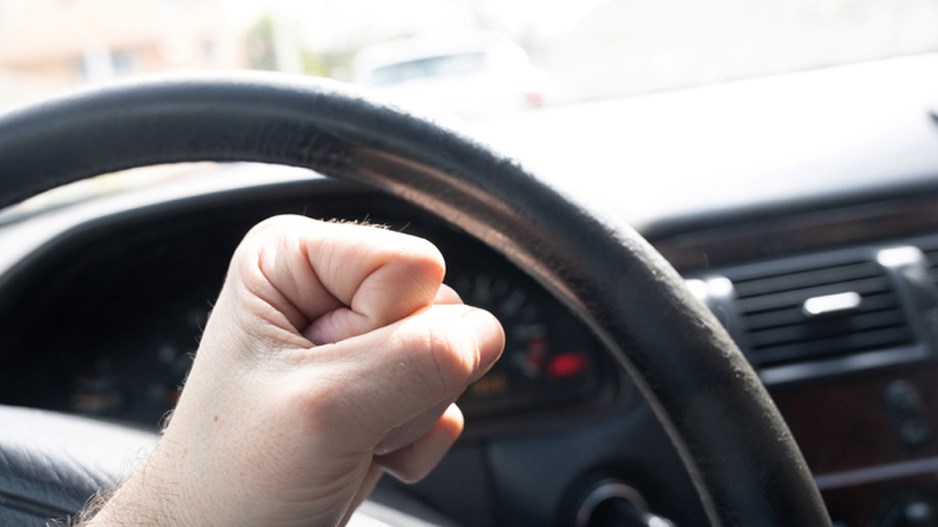There are always some regional fluctuations on the behaviours that people report seeing on their commute, as well as a well-defined generational war when Canadians are asked who is responsible for bad habits in their community.
This year, Research Co. and Glacier Media can report that conditions are improving. In 2019, 47% of Canadians said drivers in their city or town were worse than five years prior. In 2020, the proportion fell to 39%. In 2021, it has dropped even further to 30%.
This is a significant statistic at a time when Canadians have been on the road more often, especially after the COVID-19 pandemic confined us to our homes for months. Still, our views on driving prowess fluctuate enormously according to age.
Canadians aged 18 to 34 are more likely to believe that the situation is better now (16%) than those aged 35 to 54 (9%) and those aged 55 and over (6%). Conversely, while only 21% of Canadians aged 18 to 34 believe driving in their city or town has worsened, the proportion rises to 32% among those aged 35 to 54 and to 36% among those aged 55 and over. By a 6-to-1 margin, Canadians aged 55 and over believe the road is not as safe as it was five years ago.
The drop in the assessment of the entire driving community as “bad” is also lower across all regions, but Western Canada still needs to catch up to the Eastern Canada. We found that at least a third of respondents in Saskatchewan and Manitoba (35%, down seven points since 2020), British Columbia (34%, down six points) and Alberta (33%, down nine points) believe people are not as careful behind the wheel in their city or town as they were five years ago. The numbers are a bit more satisfactory in Ontario (30%, down 13 points), Atlantic Canada (25%, down 14 points) and Quebec (24%, down eight points).
We may think that drivers are getting better, but the rules of the road are not universally observed. Canadians continue to report a high incidence of regrettable incidents. More than half of us (55%, up one point) remember a driver not signalling before a turn over the past month – including 62% in Saskatchewan and Manitoba.
Just over two in five Canadians (41%, up three points) saw a car taking up two or more spots in a parking lot – including 51% in Alberta. A slightly lower proportion (38%, up two points) witnessed a driver not stopping at an intersection.
Almost a third of Canadians (32%, down one point) saw a driver turning right or left from an incorrect lane, including 37% of those in B.C. Slightly fewer (28%, up two points) acknowledge a close call, or having to slam the brakes or steer violently to avoid a collision, including 35% of Atlantic Canadians.
Across the country, just over half of Canadians (51%, down five points) think some drivers in their municipality are “worse than others.” Canadians who voted for the Conservative Party of Canada in this year’s federal election are more willing to point fingers (56%) than those who supported the Liberal Party of Canada (52%) or the New Democratic Party (NDP) (47%).
The chasm between ages persists, but with less enthusiasm than in 2020. Almost a third of Canadians who believe some drivers are worse than others reproach “the young” (32%, down 11 points) while just over one in five (21%, down four points) blame “the elderly.”
Of course, ethnicity remains one of the major fixations of Canadians when they are asked who the worst drivers in their community are. We continue to see significant proportions of dejected residents censuring “Asian” (16%, down one point), “immigrant” (6%, up one point) and “black” (2%, up one point) drivers for the current state of affairs.
The gender war appears distant this year. Only 3% of complainers (up one point) wrote “Women,” while 1% (unchanged) answered “Men.” Other words that registered beyond minute complaints were “impaired” (3%, up two points), “taxi/uber” (2%, up one point), “impatient” (2%, up one point) and “distracted” (1%, unchanged).
While most respondents chose to focus on age, ethnicity and gender when complaining about bad drivers, some were pretty open about naming places where they believe drivers are not up to the highest standards. Brampton got six votes, Quebec received four, Toronto and Vancouver three each, Winnipeg a couple and single respondents wrote Gatineau, Markham, Scarborough and Richmond. In the case of the four respondents who wrote Vancouver and Richmond, we can confirm that they live in B.C. •
Mario Canseco is president of Research Co.
Results are based on an online study conducted from November 20 to November 22 among a representative sample of 1,000 adults in Canada. The data has been statistically weighted according to Canadian census figures for age, gender and region. The margin of error, which measures sample variability, is plus or minus 3.1 percentage points, 19 times out of 20.



